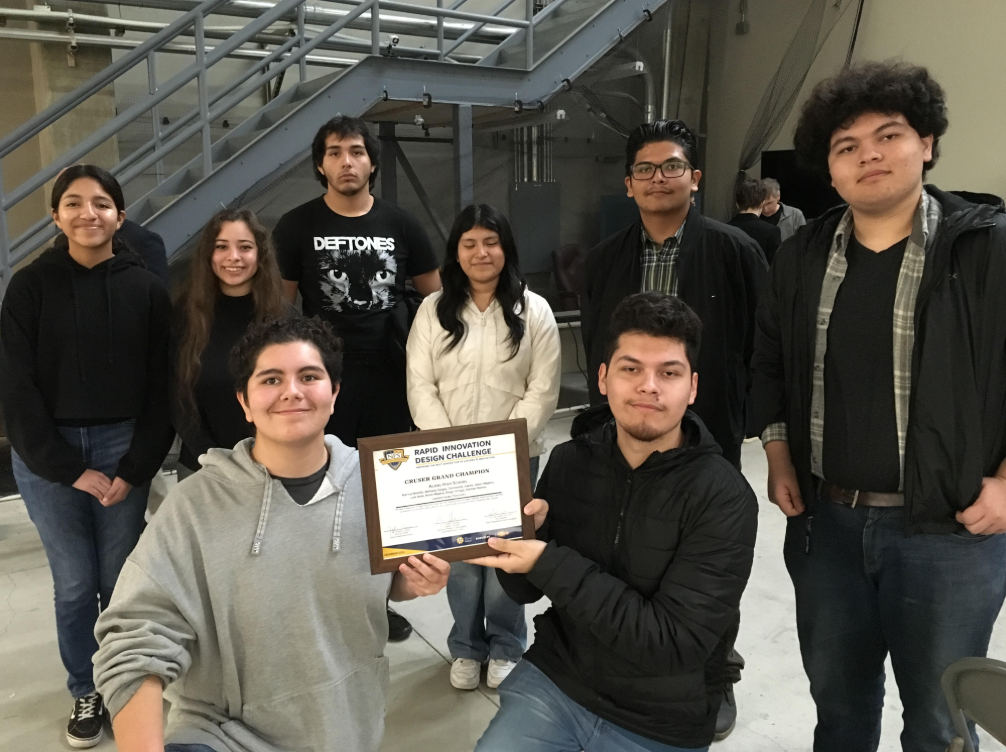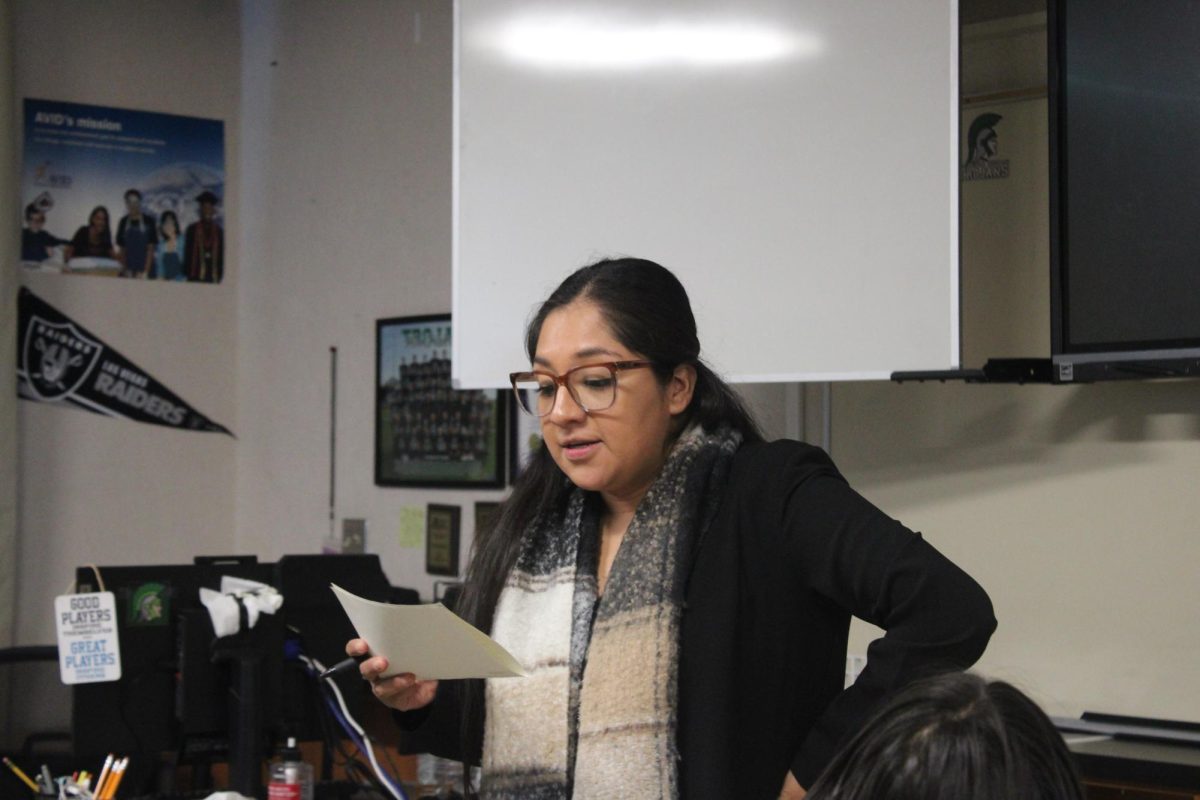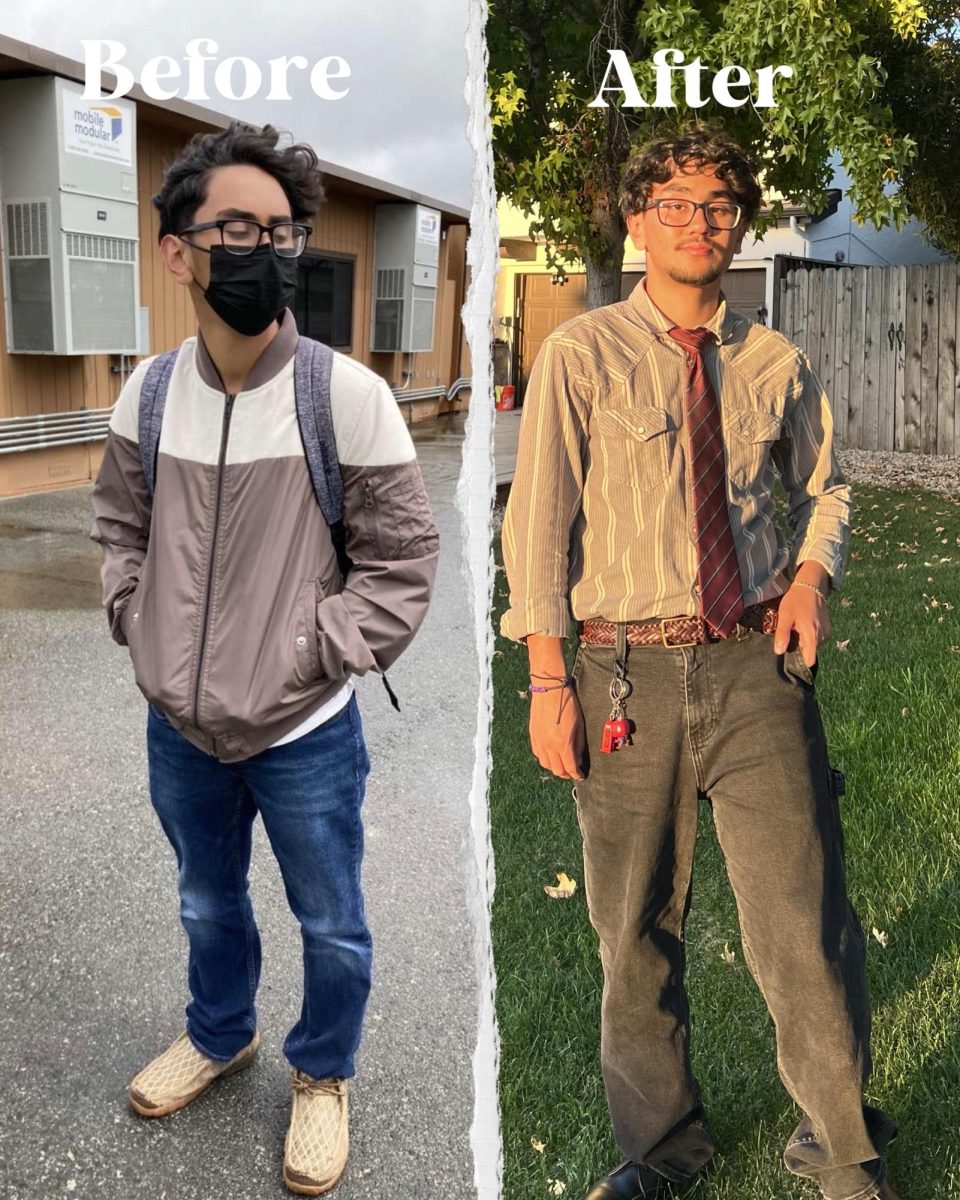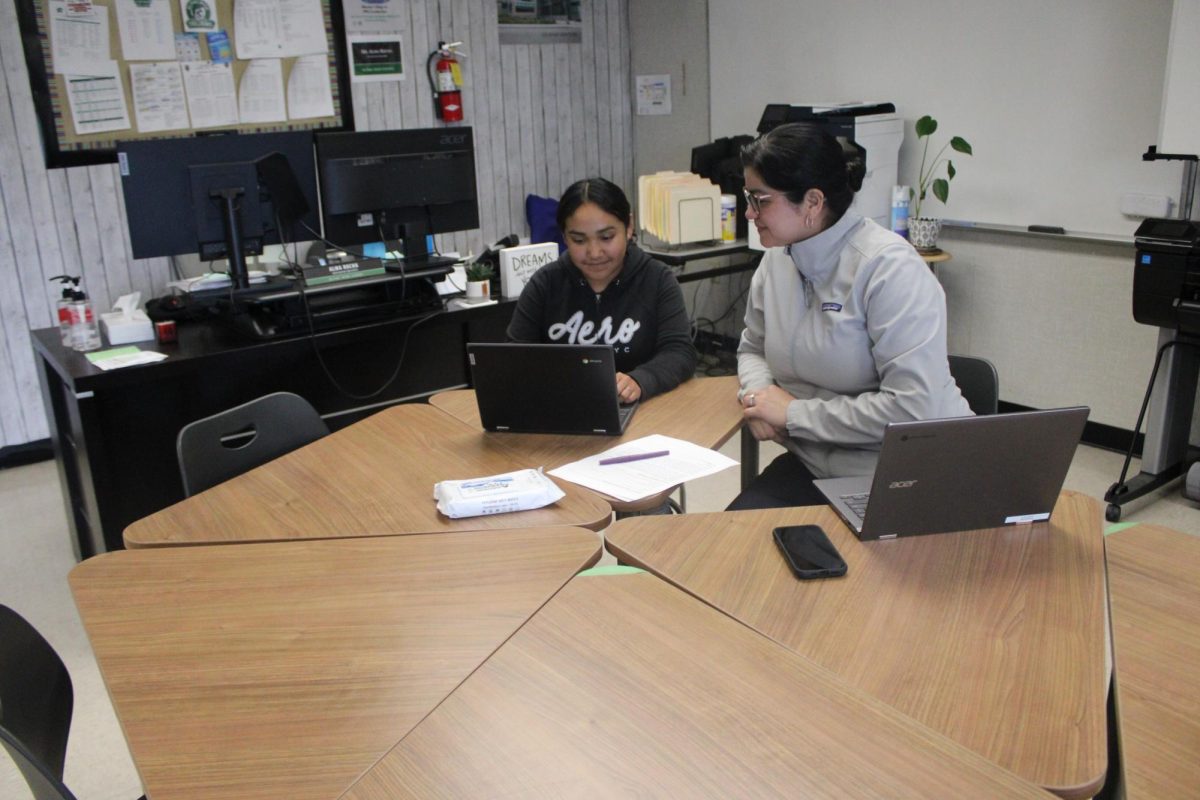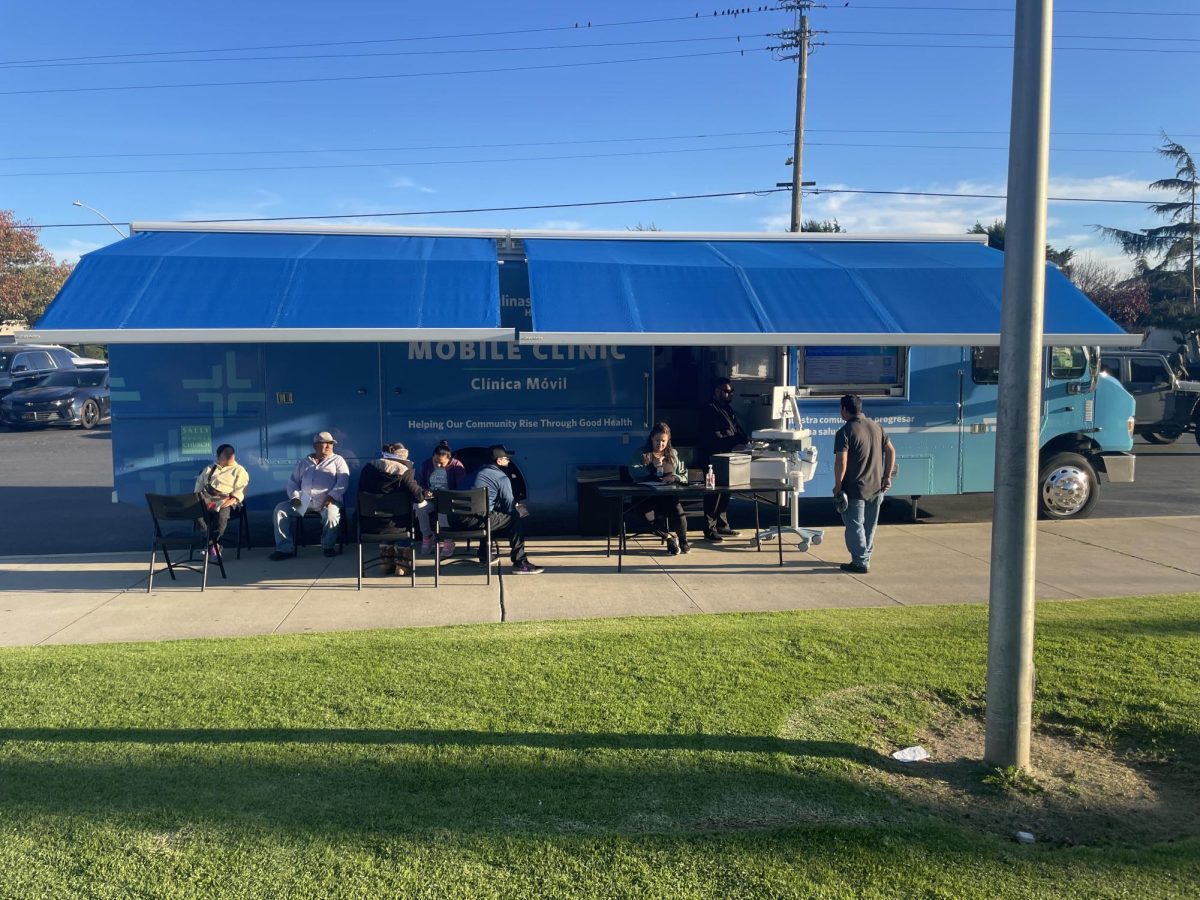Transitioning from high school to college is scary. For most, the financial obligations that come with housing, meal prep, transportation, and access to school materials, can take a lot of work to balance as a new college student.
For this, FAFSA, a federal student financial aid application, is the key to covering the financial expenses of the new academic year. Depending on income, students can receive proper financial packets suitable to their circumstances, and be eligible for college scholarships and state aid, all of which can help make the new year easier to deal with.
Recently the application for the 2024-2025 school year has undergone notable changes. The FAFSA Simplification Act of 2021 includes, reducing the number of questions from 108 to 36 and maximizing the reuse of previously collected questions.
According to the FAFSA commission, these improvements will repeal limitations for which students can receive subsidized loans, expand Pell Grant eligibility to students who were previously ineligible due to incarceration or drug-related activity, and reuse previously collected questions to prove homelessness or dependency override for students whose situations have not changed since their previous application. This has ensured a level of security and simplicity for students requiring financial support that previous applications could not give.
“Although these are huge changes, we do anticipate that FAFSA simplification will be a positive experience for the majority of students and families,” MorraLee Keller, senior director of Strategic Programming at the National College Attainment Network (NCAN) said.
While the new FAFSA application has done well to ensure student accessibility, the same cannot be said about the application process for students with undocumented parents.
Previously, parents who did not have a social security number could enter 000-000-000 when a SSN was asked, and parents could easily access the signature page to sign it. Now parents without an SSN must apply for an FSA ID to become a contributor and sign the application. This change has offered both positive and negative results.
On the positive side, this speeds up the application process since information can be recorded; however, along with requiring an FSA ID, parents are supposed to confirm their identity by referring to the FAFSA office, a process that has delayed students with immigrant parents from applying to FAFSA in the early months.
Parents who need to be verified while making an FSA ID will be required to call the FAFSA line and get verified via their office. This process can be tedious as parents have to file a case number and send legal documents, like foreign passports, municipal documents (PG & E, cable, etc.), driver’s licenses, etc. that can verify their identity.
After sending these documents, the parents are expected to receive an update in about 1-5 business days, before they can contribute to the application, and sign it. Which raises the risk of turning in the application after the priority deadline of most colleges, and students have to worry about how much financial aid they can receive, since the amount of money also depends on the submission date.
This can negatively affect Alisal High School as, according to U.S. News and World Report, Alisal’s student diversity has a total minority enrollment of 99%, which includes a large capacity of first-generation students, along with 88% of students being economically disadvantaged. Even though FAFSA has become a state requirement for graduation, it’s not going to impede seniors from graduating, “It’s more like a clearance, it’ll be on the clearance card for seniors, but we’ll try to figure out a way to try to address the issue,” Intervention Specialist, Alma Rocha said.
At Alisal, the college and career center has provided a support group for students who are navigating the process. During February and March, they provided families with after-school FAFSA stations, along with regular updates on the class of 2024 Google Classroom for news on the application.
Although dealing with over 100 cases of students who are having trouble completing their FAFSA application can be overwhelming, the center has worked together to provide the best support possible, “We’re doing the best that we can to just try to stay up to date on the latest information through the Federal Student Aid Commission, [and] the California Student Aid Commission,” Rocha said, “And we’re grateful that we’ve been able to work with the teachers as well as our counselors and to try to help navigate this.”
From the release of the application in late December, the 2024-2025 FAFSA has undergone multiple revisions to help ease the process. Starting in late March, instead of getting verified via the FAFSA office, parents are now offered a case number through email, as opposed to the long wait for a representative.
On April 9, the California Dream Act Commission also offered their application for students who are unable to complete FAFSA because they have undocumented parents. The California Dream Act is usually only for students who are not U.S. citizens or residents, however, this is a temporary exception while students deal with the FAFSA application, “Even though they are waiting to have everything cleared over here through FAFSA, they can still apply for financial aid through the California Dream Act and submit it,” Rocha said, “They can get that information over to the colleges they applied to and then the colleges can get back to them and provide a sample award letter, so they can get an idea of the cost of attendance and what their financial aid will look like”
May 2nd is the priority deadline to submit FAFSA for most colleges in California. Although the FAFSA application is eligible for submission until June 30th, it is recommended that students submit it before their given deadline so that applicants are not disadvantaged, as financial aid from colleges can be limited by that point, “Schedule an appointment with us so we could try to navigate because each case could be a little different,” Rocha said, “We’ll help you through it, so don’t feel discouraged. We want to make sure that you have your options open to go to college. We don’t want you to feel discouraged more than anything.”


